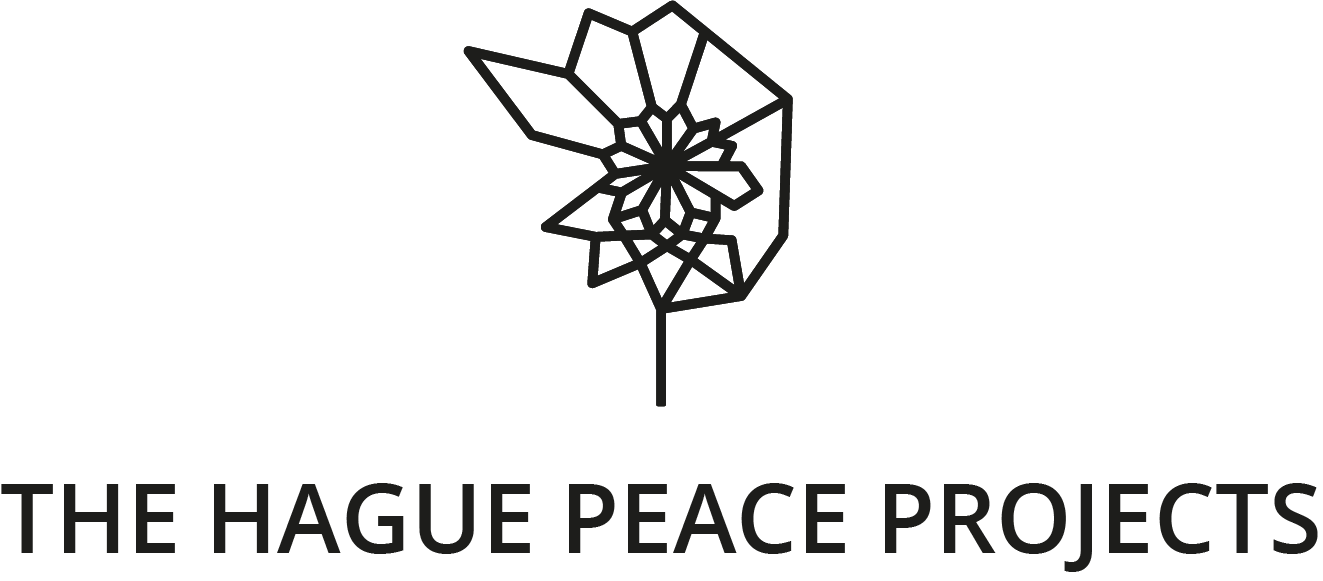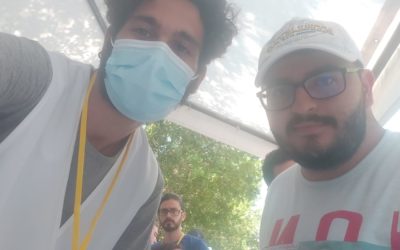Democratic Republic of Congo
The 2018 general elections in the Democratic Republic of Congo, held on 30th of December, were set out to determine a successor of the long-standing president – Mr. Kabila (Wembi 2017). As a matter of fact, power transfer has never undergone a peaceful process in Congo. In this regard, Mr. Kabila, who ruled as of 2001, attempted with all his might to obstruct the democratic voting processes in the country. The 2011 election which he purportedly won in a legitimate manner, were widely unpopular and considered as mockery and corruption. His last term in office was expected to come to a final end in 2016. However, even when it expired, Kabila did not leave his riling position. Instead, he decided to shift public attention to the chaos in the country and cite it as the primary reason for the government’s inability to organize elections. Thereafter, he consolidated his grip of power for two more consecutive years and ruled against postulations in the Congolese national constitution, while ruthlessly murdering and slamming down pro-democratic movements and demonstrations (The Economist 2019).
In the context of the 2018 general elections in the DRC, Félix Tshisekedi (Union for Democracy and Social Progress) was found out to win the votes on the 10th of January with an overwhelming turnout of 38,6% of the total vote, surpassing his oppositional candidates Martin Fayulu and Emmanuel Ramazani Shadary. Importantly, Mr. Fayulu, who was second in the voting turnout, asserted that the vote was set up hastily and was absolutely not representative of the popular political affiliation. He then moved to challenge the outcome of the elections in the Constitutional Court of the DRC. The state’s influential Roman Catholic Church took his side claiming that the official voting turnout was not compliant with the results of its own observations. In this regard, the Church had deployed nearly 40,000 election monitors which, as stated, “place Fayulu as the winner” (Burke 2019). Thereafter, the Constitutional Court came up with a decision on the 19th of January declaring that Fayulu’s challenge to the outcome will not be taken into consideration and shall thereby be deemed invalid. As a result, the victory of Mr. Tshisekedi was upheld and conceived of as indisputable and final.
In relation to the other oppositional leader – Mr. Shadary, prior to the vote, opinion polls revealed an evident popularity of the opposition candidates against Mr. Shadary himself, who was backed by the ruling People’s Party for Reconstruction and Democracy. He was seen to offer nothing but a continuation of the present grievances facing the country – widespread poverty, rebel cruelties such as rapes and robbery which go unpunished due to ubiquitous corruption and negligence of the officials and government. Nevertheless, Mr. Shadary possessed indisputably advantages as measured against the backdrop of his opposition. That is to say, he instilled fear and terror in voters by commanding police to threaten people with physical violence unless they casted their vote in his favour. What is more, police blocked oppositional campaigns’ marches in the capital and installed presence of soldiers in the Eastern regions, wherein the latter would forcefully “convince” voters to vote for Shadary: “They were telling people that if they did not choose him, they would be stopped and beaten” (The Economist 2019).
Despite the concerted efforts on part of Fayulu and Shadary with their trusted appointees, Félix Tshisekedi was appointed as the 5th President of the DRC on the 24th of January 2019, marking the first, purportedly peaceful transition of power in the state since it gained its independence in 1960 from its former colonizer – Belgium (Burke 2019).
References:
Burke, Jason. “Congo Election Runner-up Rejects Tshisekedi Victory as ‘Electoral Coup’.” The Guardian, Guardian News and Media, 10 Jan. 2019, www.theguardian.com/world/2019/jan/10/congo-election-felix-tshisekedi-declared- winner-in-contentious-result
“Congo’s Flawed Vote.” The Economist, 5 Jan. 2019, pp. 26–27.
Wembi, Steve. “Uncertainty as DRC Sets Election Date to Replace Kabila.” GCC News | Al Jazeera, Al Jazeera, 9 Nov. 2017, www.aljazeera.com/news/2017/11/uncertainty- drc-sets-election-date-replace-kabila-171109074747003.html






